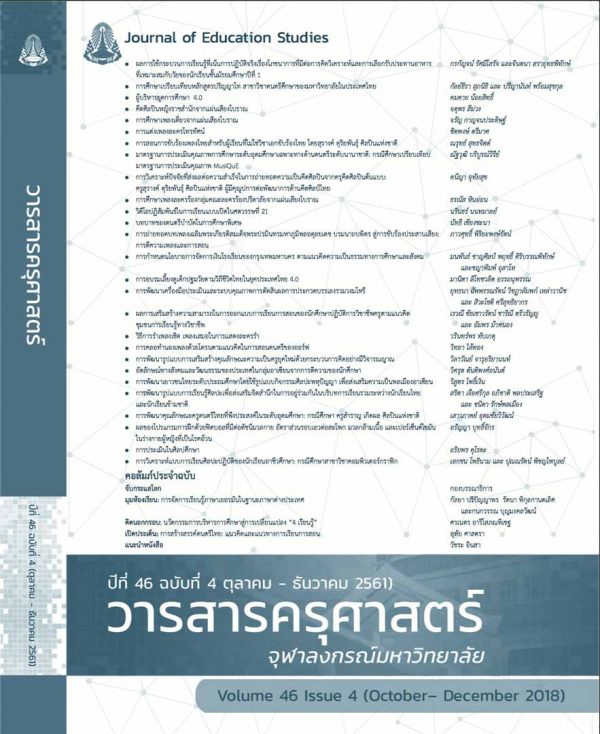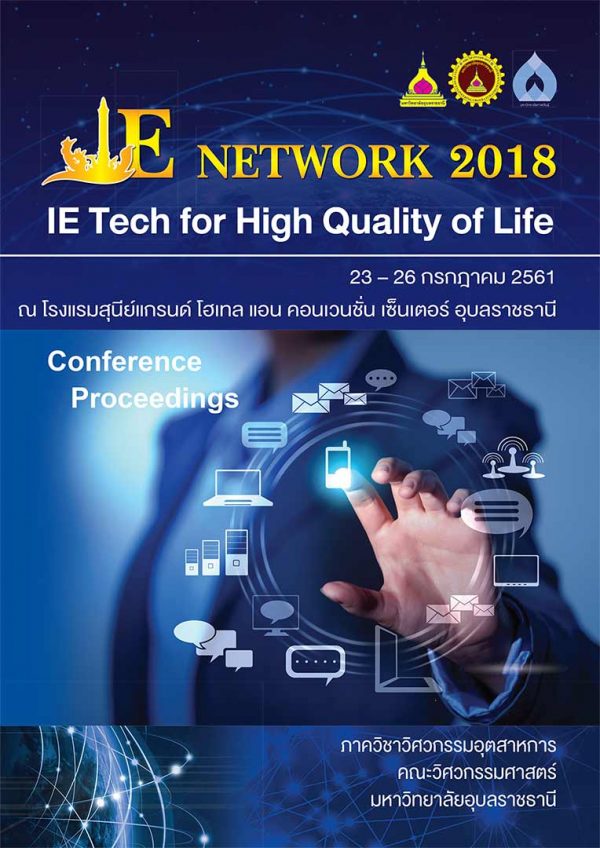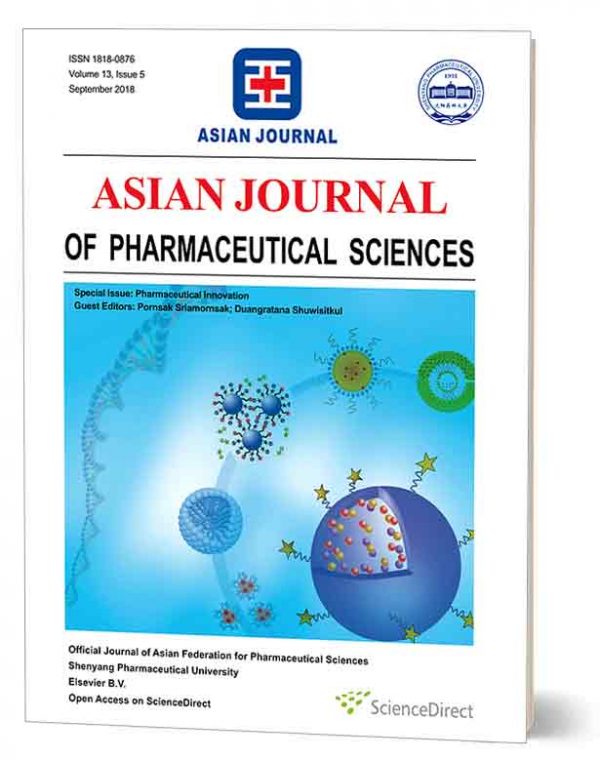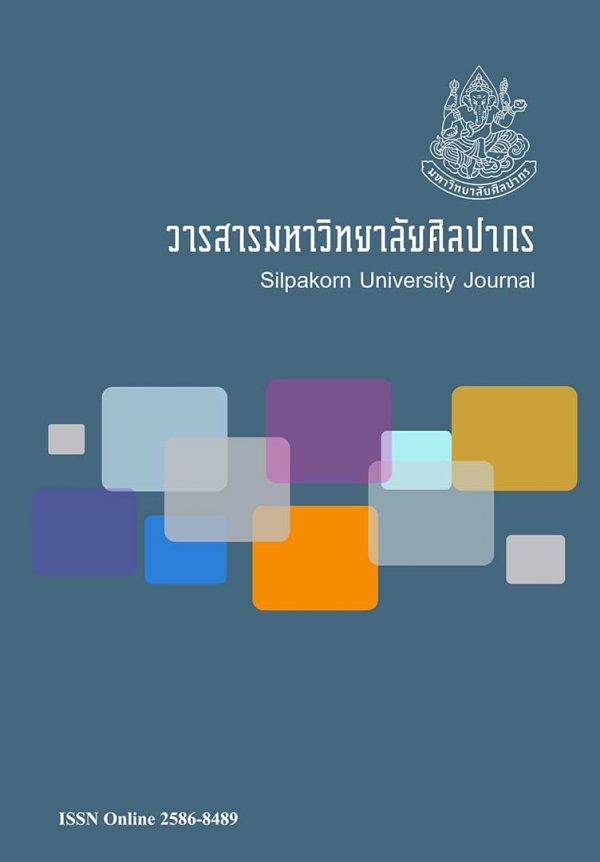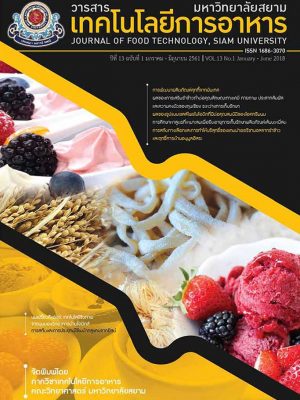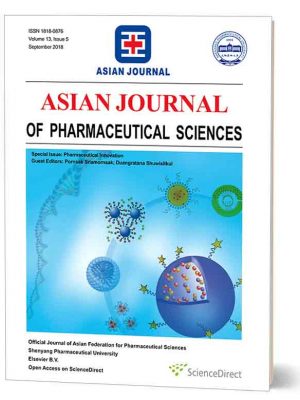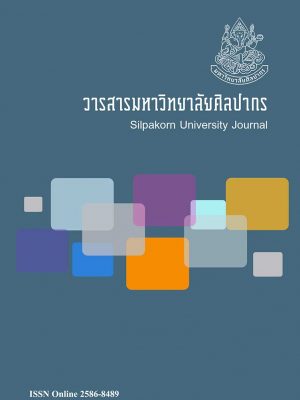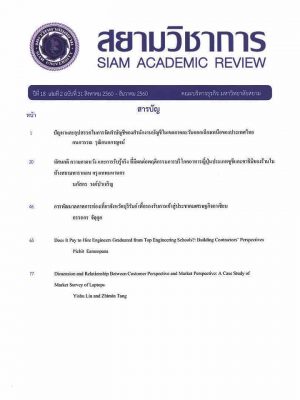Title : Homocysteine, Vitamin B12 and Folic Acid in Children with Acute Glomerulonephritis
Researcher : 1.Duangkamol Viroonudomphol, 2.Saowanee Kanjanachumpol, 3.Sarinya Sirisate
Department : 1.Faculty of Nursing, Siam University, Bangkok, Thailand
2.Faculty of Medicine Ramathibody Hospital, Mahidol University, Bangkok, Thailand
3.Department of Pediatrics, Faculty of Medicine Ramathibody Hospital, Mahidol University, Bangkok, Thailand
E-mail : v_duangkamol@yahoo.com
Abstract : Homocysteine (Hcy) is an intermediate product of methionine formed by its demethylation. Hcy can be metabolized via remethylation to methionine or transsulfuration to cysteine which is dependent on several enzymes and co-factors. It is deleterious to blood vessel including glomeruli. Kidney is a major organ that metabolizes Hcy. More than 80% of patients with chronic renal disease develop hyperhomocysteinemia (hHcy). Accessible data of plasma Hcy in nephritic syndrome (NS) patients are controversial with increased, decreased and unchanged values reported. In renal patients, plasma Hcy concentration can be reduced by administration of folic acid. Absolute or rel-ative deficiencies of folate, vitamin B6, or vitamin B12 may also play a role. Therefore, plasma Hcy, folic acid, vitamin B6, and vitamin B12 in children with acute glomerulonephritis (AGN) were accessed in this study. Hcy, folic acid vitamin B12, B6 and renal function such as blood urea itrogen (BUN), creatinine (Cr) were analyzed 12 pediatric patients with AGN and 15 age and sex matched healthy children served as controls. The results revealed that a significant increase in plasma Hcy in children with acute AGN when com-pared with controls. For simple regression analysis, Hcy was positively corre-lated with BUN, Cr, ferritin and uric acid but negatively correlated with serum glutathione. This research indicated hHcy suggests enhanced risks for inflam-mation and endothelial injury, which lead to kidney disease. Folic acid has also been shown to improve endothelial function, suggesting an alternative expla-nation for the effect of folic acid on endothelial function. Careful considera-tions of not only dietary measures are necessary but also folate and vitamin B supplementation for reducing hHcy in AGN need to be investigated.
Keywords : Folic Acid, Homocysteine, Hyperhomocysteinemia, Acute Glomerulonephriti
Journal : World Journal of Engineering and Technology, 6(3), 661-670. : https://doi.org/10.4236/wjet.2018.63042
Link to Full-Text PDF: https://www.scirp.org/pdf/WJET_2018080915421290.pdf
Bibliography : Viroonudomphol, D. , Kanjanachumpol, S. & Sirisate, S. (2018) Homocysteine, Vitamin B12 and Folic Acid in Children with Acute Glomerulonephritis. World Journal of Engineering and Technology, 6(3), 661-670. doi: 10.4236/wjet.2018.63042.

